WheeLog!—An Accessibility Map Application Created by Everyone
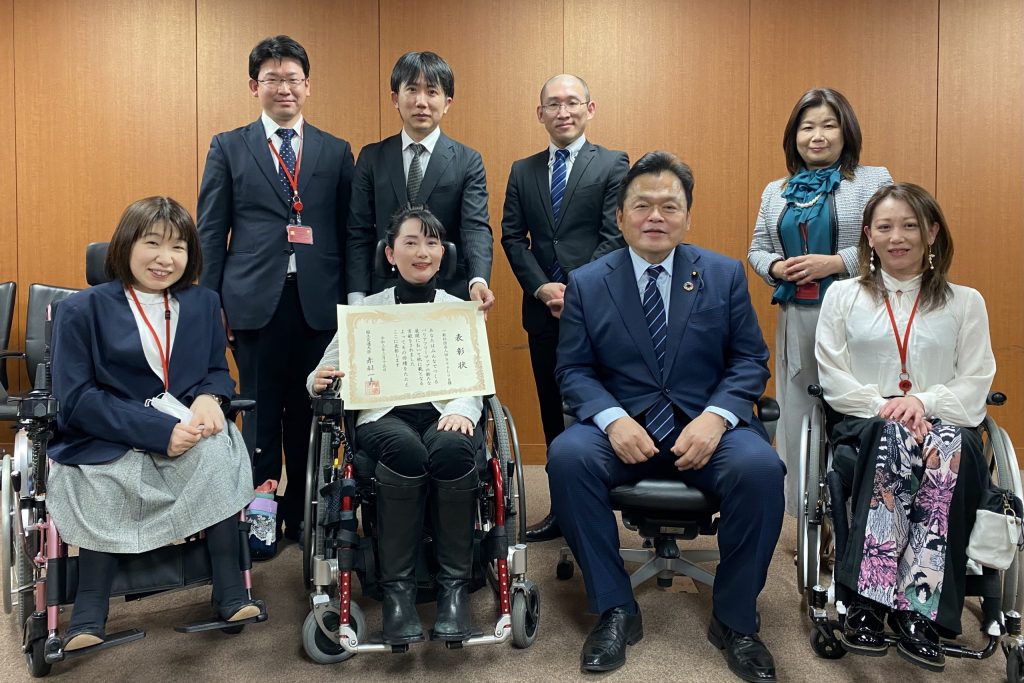
WheeLog!, an app for cellphones and computers, helps wheelchair users access barrier-free information about public spaces in Japan. It’s a crowdsourced map showing the actual routes taken by wheelchair users. The app aims to create an inclusive society by organizing city strolling events, where participants experience using a wheelchair.
Accompanying the Elderly to Face the COVID-19 Pandemic
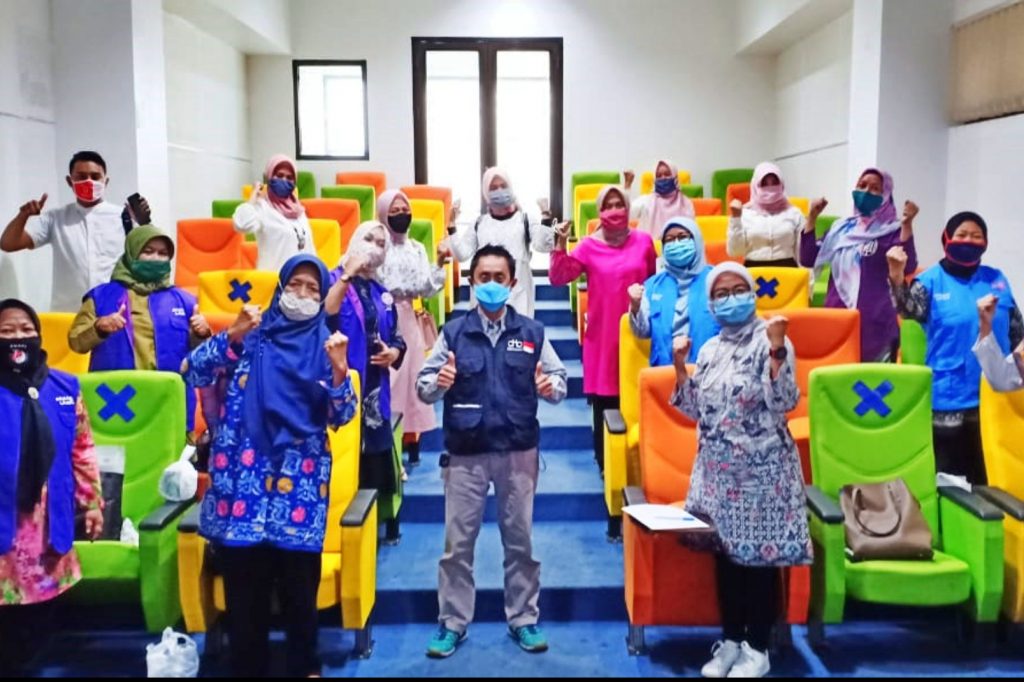
In response to the COVID-19 pandemic, IRL quickly developed a home visit program, which aimed to minimize COVID-10 transmission and meet the biological, psychological, and sociocultural needs of older people.
Capacity Building for Caregivers and Older Persons for Contactless Deliveries using Indoor Autonomous Robots during the COVID-19 Pandemic
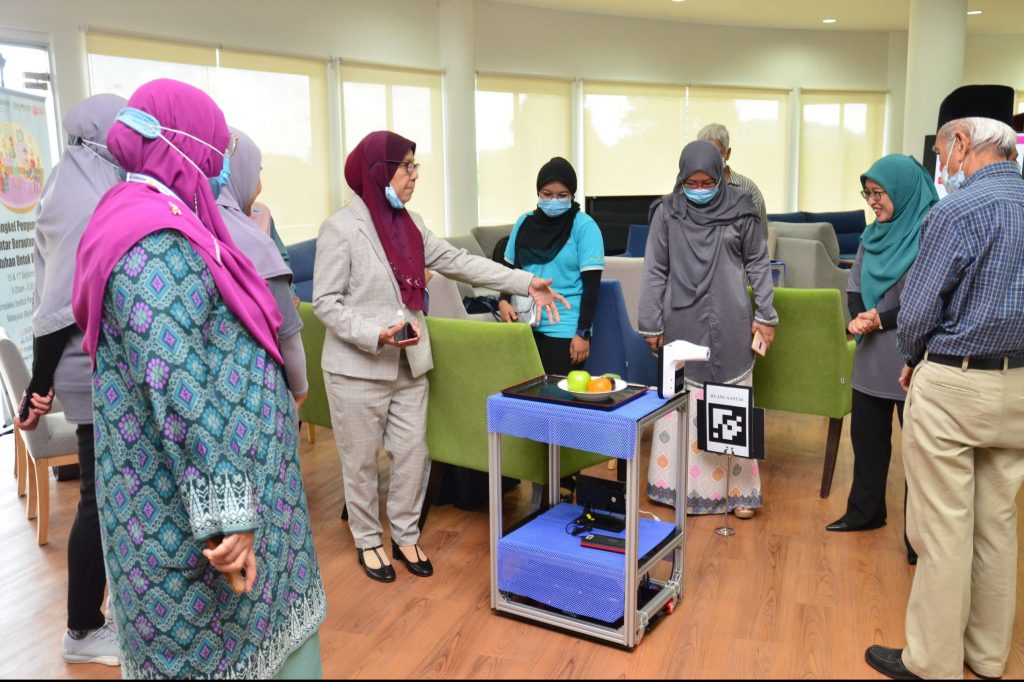
During the COVID-19 pandemic, contactless delivery suddenly became a critical tool to limit the spread of the disease and facilitate social distancing. The Malaysian Research Institute on Ageing launched a program in 2020 to respond to this need, developing an autonomous robot that could make contactless deliveries in long-term care settings.
The Matsudo Project: A New Urban Model for Reducing the Need for Long-Term Care in the Post COVID-19 Era
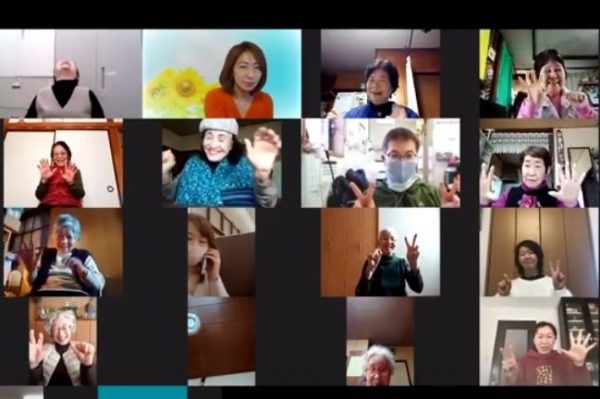
The Matsudo Project offers free online Kayoinoba classes in response to the challenges of its aging population and the COVID-19 pandemic. These classes provide older people with opportunities to connect with each other and across generations and to become more confident to use technology in their everyday lives.
AHWIN Papers No. 2: The Impact and Future of Japan’s 8020 Campaign
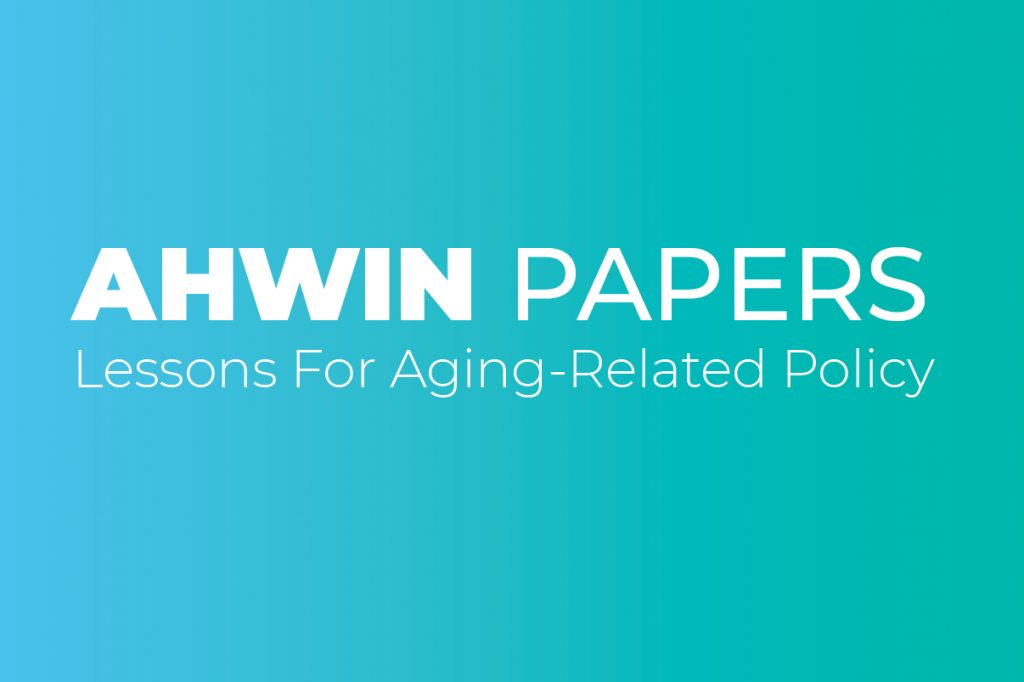
COVID-19 has had a devastating impact on the older populations in many countries. This second installment of a new policy brief series, the AHWIN Papers, assesses the success of Japan’s 8020 Campaign, which works to help people retain more teeth into their later years, specifically to ensure that people still have 20 of their original adult teeth at the age of 80.
WEBINAR | Building Dementia-Friendly Communities in Asia Pacific
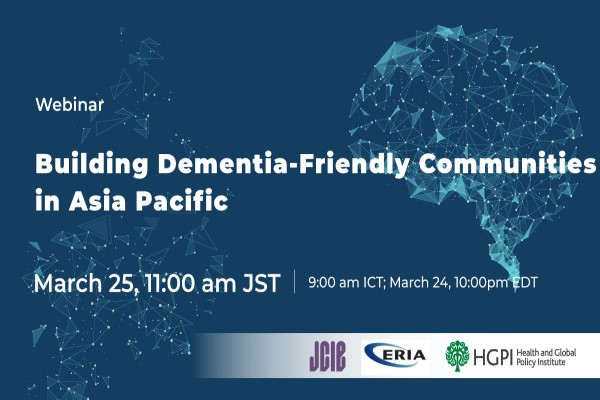
JCIE and the Economic Research Institute for ASEAN and East Asia (ERIA) co-hosted a webinar that shared lessons from the United States, Japan, and Malaysia on how the COVID-19 epidemic has impacted older persons, particularly those in long-term care facilities.
Ageing and Health in Viet Nam

The Longitudinal Study of Ageing and Health in Viet Nam (LSAHV) is the first multi-actor longitudinal study on ageing in Viet Nam with information collected from older Vietnamese people, their current and potential caregivers, and adult children. The 2018 baseline data provides comprehensive information on the health, economic status, and overall well-being of a nationally representative sample of older Vietnamese people aged 60 and above.
Human Resources for the Health and Long-term Care of Older Persons in Asia
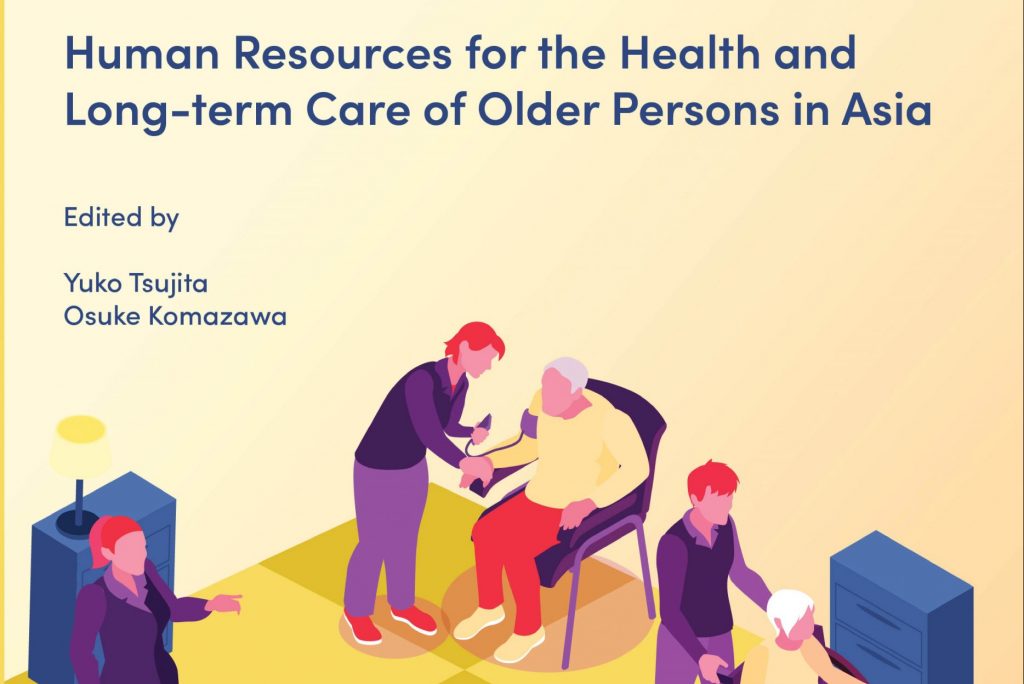
The international migration of nurses and care workers is increasing. Many factors, such as population ageing and the development of healthcare services, contribute to the greater demand for nurses and care workers. This report focuses on Indonesia as a country sending migrant nurses, Malaysia and Japan as destination countries, and Thailand as a country struggling to cope with the fastest population ageing amongst AMS.
Outcomes of Long-term Care Insurance Services in Japan: Evidence from National Long-term Care Insurance Claim Data

In 2000, Japan introduced a compulsory public long-term care insurance (LTCI) programme to meet the challenges of its rapid population ageing and ensure equitable access to long-term care services. This study aims to investigate the predictors of care-need level change by focusing on the users of long-term care facility services, adult day service users, and day care users by applying national-level long-term care claims data.
The Intergenerational Self-Help Club (ISHC) Development Model

Since 2006, HelpAge International in Vietnam (HAIV) and local partners have piloted the ground-breaking Intergenerational Self-Help Club (ISHC) model—community-based organizations that promote healthy longevity through a range of inter-generational activities.

